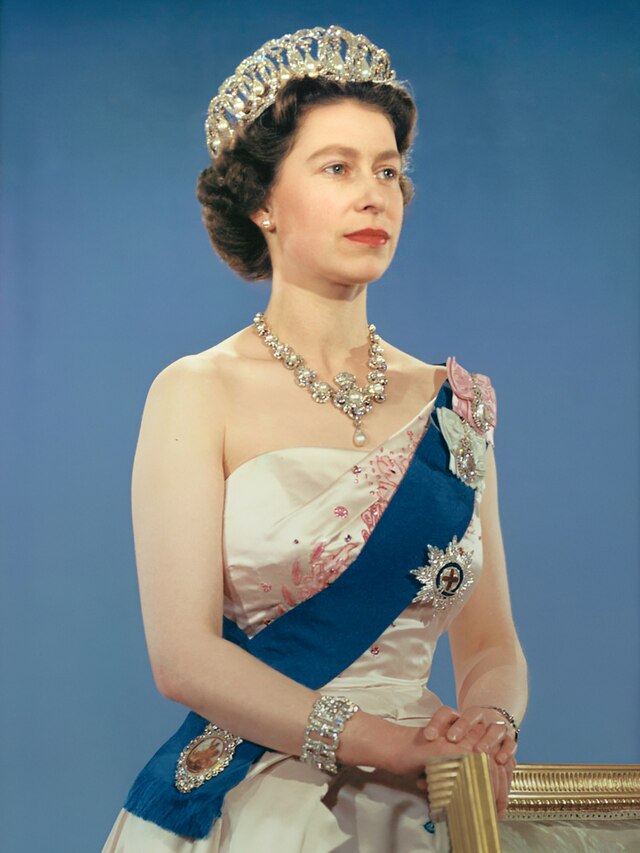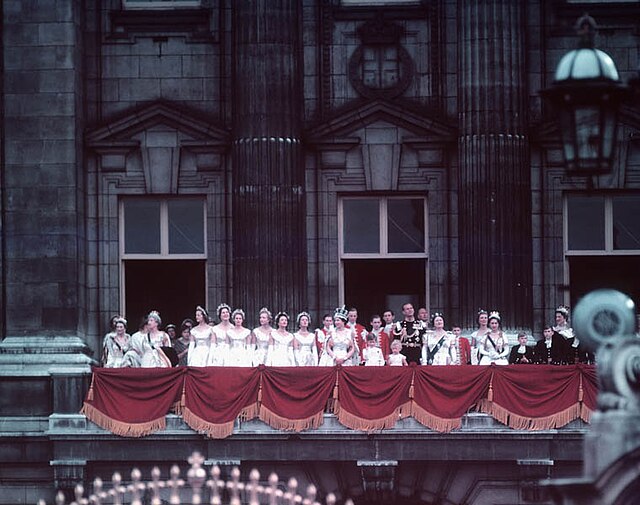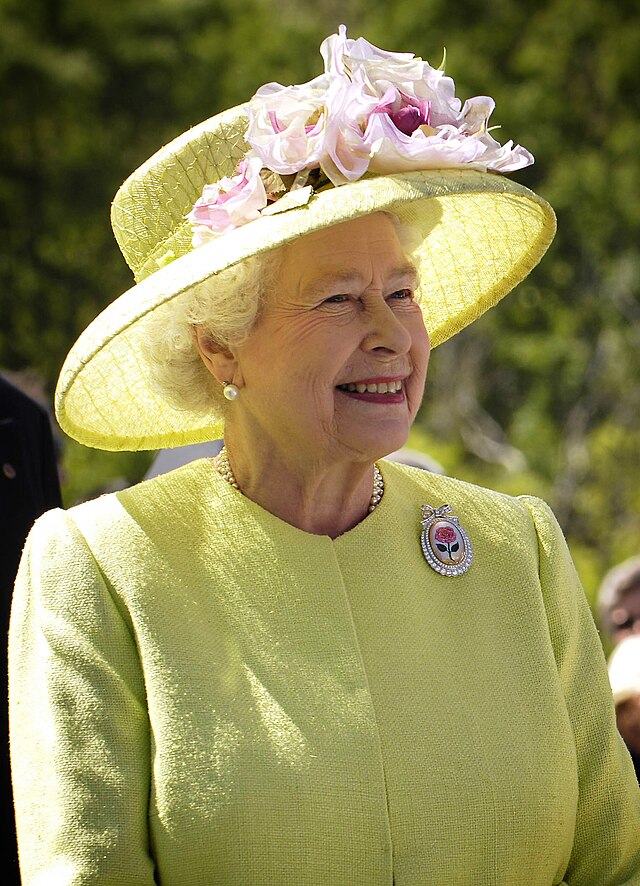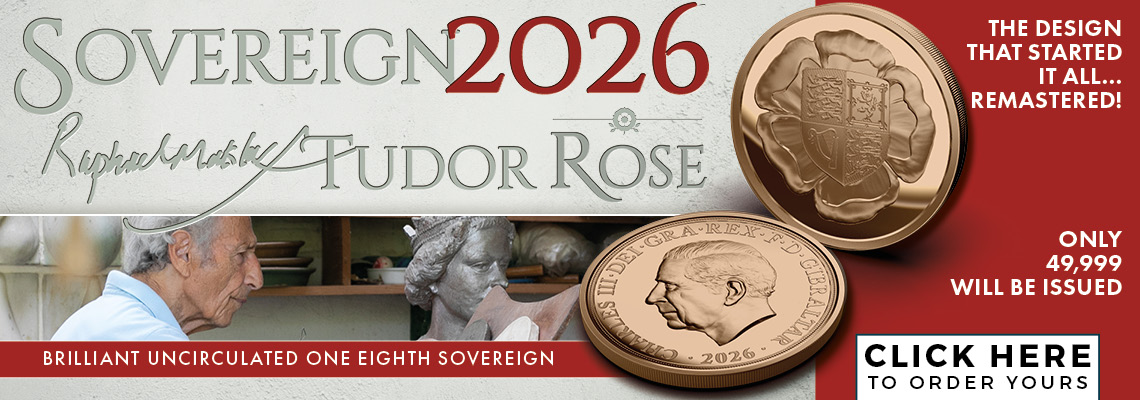
Few would disagree that Queen Elizabeth II was the greatest ambassador in British history. It is hard to imagine anyone else who did more or worked harder to promote the interests of Britain and the Commonwealth during a reign that spanned seven decades.
In addition to hosting monarchs, emperors and presidents during their official state visits to the United Kingdom, the late Queen made over 250 international trips and visited more than 115 countries. Her decades of experience in dealing with world leaders helped forge strong business connections, strengthening the bonds of friendship between nations. She achieved this by travelling further than any other monarch in history, and she was fortunate to be the only person in Britain who did not require a passport to travel!
A Lifetime of Service

Throughout her long reign, the Queen honoured the solemn promise that she made in Cape Town on her twenty-first birthday: "I declare before you all that my whole life, whether it be long or short, shall be devoted to your service.” This promise was not just a statement, but a guiding principle that she adhered to throughout her life. The fact that she was still demonstrating her unswerving commitment to duty and public service by formally appointing a new Prime Minister just two days before her death shows that she honoured her promise right up to the very end.
In 1957, the Queen made the bold decision to broadcast her annual Christmas message on television for the first time. The tradition of having the monarch broadcast a message on the radio was begun by her grandfather in 1932, and her desire to bring it up to date was a testament to her commitment to making herself more relatable to her subjects. As the world watched, she expressed her hope that the new medium would make her message "more personal and direct." This desire to connect with people on a more personal level was a hallmark of her reign.
Transformative Change
Queen Elizabeth II's reign was not just about maintaining traditions but also about embracing change. One of her first decisions as monarch was to overrule her Prime Minister, Winston Churchill, and insist that her Coronation be televised. She wanted people everywhere to enjoy the pomp and spectacle of the ceremony, not just those inside Westminster Abbey. Churchill was against the idea, believing that television cameras would turn the solemn occasion into a circus. But the Queen won the day, and the sales of television sets throughout Britain soared as a result.

Another significant change the Queen made was the decision to style her family as the House of Windsor, a move that was supported by her mother and Churchill. This decision, however, caused tension with her husband, who wanted their children to take his surname, Mountbatten.
Throughout her reign, the late Queen sought to find ways to modernise the monarchy and make it more accessible to people. In 1970, during a tour of Australia, she decided to add an element of informality to her otherwise heavily choreographed public appearances. Instead of simply meeting local dignitaries, members of the Royal family walked along the roadside, greeting members of the public who had come out to see them. Despite the increased security implications, the first walkabouts in Sydney were very popular, and the practice has continued on every royal tour since then.
In 2011, the law was changed to ensure that males would no longer precede females in the line of succession. This change, approved by all sixteen Commonwealth countries where the Queen was the Head of State, means that her great-granddaughter, Princess Charlotte, will not be displaced by her younger brother.
More Relatable
Throughout her reign, Queen Elizabeth II made several efforts to humanise the royal family and make them more relatable to the public. One of the earliest examples was the 1968 documentary, "Royal Family,” which provided an unprecedented glimpse into the daily lives of the royals. The documentary, watched by 37 million people in Britain, showed the Queen and her family in informal settings - revealing their human side.
The outpouring of public grief following the death of Princess Diana in 1997 created a seismic shift in how the monarchy operated. Centuries of tradition and protocol were swept aside to make royals appear more relatable. The Queen, stung by criticism that she had not addressed the nation during a time of national grief, made an unprecedented live broadcast from Buckingham Palace on the eve of the funeral to pay tribute to her former daughter-in-law and express her personal feelings as a grandmother. She also permitted the flag at Buckingham Palace, which had, until then, only flown when the monarch was in residence, to fly at half-mast.

In 2012, during the opening ceremony of the London Olympics, the Queen surprised the world by participating in a short film with James Bond, played by Daniel Craig. Such was the secrecy surrounding the filming that even senior members of the royal family were unaware that it had happened. The film showed Bond meeting the Queen at Buckingham Palace before escorting her to the Olympic Stadium in a helicopter. The pair then seemed to parachute live into the packed stadium, only for the Queen to appear later to the cheering crowds as she was shown to her seat.
Lord Coe, one of the organisers of the London Games, later recalled that her excited grandchildren spontaneously shouted, “Go, Granny!” as the parachutes descended into the stadium. The following year, she was presented with an honorary Bafta award in recognition of her lifelong support of British film and television - and for being the most “memorable Bond girl yet!”
Platinum Celebrations
In June 2022, the nation celebrated the 70th anniversary of Queen Elizabeth II's reign. One of the most memorable moments of the Jubilee was a charming two-minute film featuring the Queen and Paddington Bear. In the film, Paddington visits Buckingham Palace for tea, and the two share their love for marmalade sandwiches, with the Queen revealing that she keeps one in her handbag.
The film concludes with Paddington saying, "Happy Jubilee, Ma'am and thank you for everything," to which the Queen replies, with a smile, "That's very kind." This charming interaction further endeared her to the public and demonstrated, yet again, her ability to connect with people of all ages through humour and warmth. Sadly, it was to be one of her last public appearances.
A Legacy of Dedication and Change
Queen Elizabeth II's reign was marked by her steadfast dedication to service and her willingness to embrace change. In addition to her annual Christmas Day message, watched by millions of people throughout the world, the Queen also made special television addresses from time to time to rally the country and bring people together.
In April 2020, she personally addressed the coronavirus pandemic, paying tribute to frontline NHS staff and care workers and reassuring people that,
“We should take comfort that while we may have more still to endure, better days will return. We will be with our friends again, we will be with our families again, we will meet again."
One month later, she made a televised speech to mark the seventy-fifth anniversary of Victory in Europe Day. In a moving tribute to those who died in the conflict, she said,
"They died so we could live as free people in a world of free nations. They risked all so our families and neighbourhoods could be safe. We should and will remember them.. When I look at our country today and see what we are willing to do to protect and support one another, I say with pride that we are still a nation those brave soldiers, sailors and airmen would recognise and admire."
The Queen’s desire to modernise the monarchy so that it would continue to remain relevant in a rapidly changing world, coupled with her deep humanity and unwavering commitment to public service, has left an indelible mark on British history and in the hearts of people around the world. She has left a legacy that will endure for generations to come.



